Swami Vivekananda saw everything in the light of evolution of man. He was attracted to Democracy. He based Ramakrishna Math and Mission’s foundation on strong democratic principles. But he exercised caution in the beginning as it can be seen from these lines.
“The conviction has grown in my mind after all my travels in various lands that no great cause can succeed without an organisation. In a country like ours, however, it does not seem quite practicable to me to start an organisation at once with a democratic basis or work by general voting. People in the West are more educated in this respect, and less jealous of one another than ourselves. They have learnt to respect merit. Take for instance my case. I was just an insignificant man there, and yet see how cordially they received and entertained me. When with the spread of education the masses in our country grow more sympathetic and liberal, when they learn to have their thoughts expanded beyond the limits of sect or party, then it will be possible to work; on the democratic basis of organization. For this reason it is necessary to have a dictator for this Society. Everybody should obey him, and then in time we may work on the principle of general voting.” (C.W. Volume 6)
He linked Democracy to spiritual thought. When he taught the impersonal God of Vedanta which is immanent in every individual to the westerners, he drew comparison with the principles of Vedanta and and the principles of Democracy. He could also see that just as India of that time couldn’t move away from Kings, they could also not accept an impersonal God as a whole. But for westerners who embraced democracy, he said,
“India cannot give up his majesty the king of the earth — that is why Vedanta cannot become the religion of India. There is a chance of Vedanta becoming the religion of your country because of democracy. But it can become so only if you can and do clearly understand it, if you become real men and women, not people with vague ideas and superstitions in your brains, and if you want to be truly spiritual, since Vedanta is concerned only with spirituality.”
Further, a very ennobling idea,
“You want to be democratic in this country. It is the democratic God that Vedanta teaches.” (C.W. Volume 8)
In another talk, he gave a much deeper idea of democracy,
“Men must have education. They speak of democracy, of the equality of all men, these days. But how will a man know he is equal with all? He must have a strong brain, a clear mind free of nonsensical ideas; he must pierce through the mass of superstitions encrusting his mind to the pure truth that is in his inmost Self. Then he will know that all perfections, all powers are already within himself, that these have not to be given him by others. When he realises this, he becomes free that moment, he achieves equality. He also realises that every one else is equally as perfect as he, and he does not have to exercise any power, physical, mental or moral, over his brother men. He abandons the idea that there was ever any man who was lower than himself. Then he can talk of equality; not until then.” (C.W. Volume 8)
To a question on Indian Freedom Movement and the salvation of India, Swamiji seems to have been convinced of democracy as the way. He gave a most beautiful expression of democracy in these words.
“It will certainly end in the working out of India’s homogeneity, in her acquiring what we may call democratic ideas. Intelligence must not remain the monopoly of the cultured few; it will be disseminated from higher to lower classes. Education is coming, and compulsory education will follow. The immense power of our people for work must be utilised. India’s potentialities are great and will be called forth” (C.W. Volume 5)
He was so much convinced about the power of democracy that he said it will be the American method of democracy that will give freedom to the lower sections of the society everywhere. To this effect Sister Nivedita recalls,
“Another morning he began by observing that as there were four main castes — Brahmin, Kshatriya, Bâniyâ [Vaishya], Shudra — so there were four great national functions: the religious or priestly, fulfilled by the Hindus; the military, by the Roman Empire; the mercantile, by England today; and the democratic, by America in the future. And here he launched off into a glowing prophetic forecast of how America would yet solve the problems of the Shudra — the problems of freedom and co-operation — and turned to relate to a non-American listener the generosity of the arrangements which that people had attempted to make for their aborigines.” (C.W. Volume 9)
So it’s very clear that Swami Vivekananda held democracy in very regard. But he also believed that people should be made ready for democracy before the democratic rights are given to them.

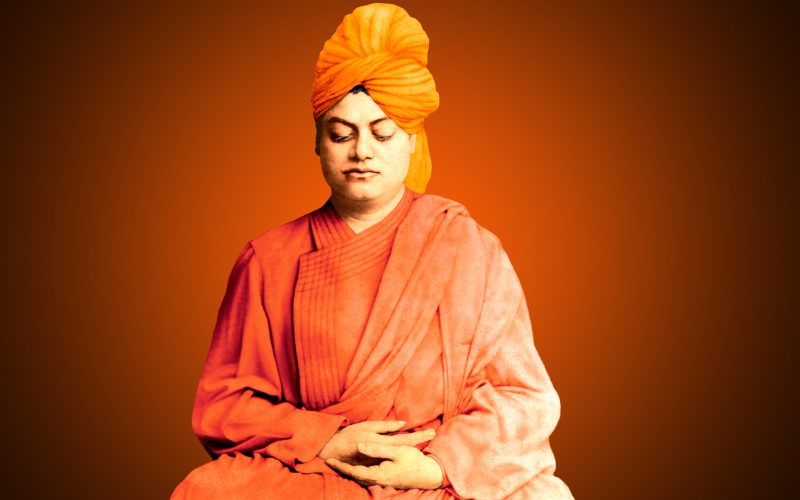
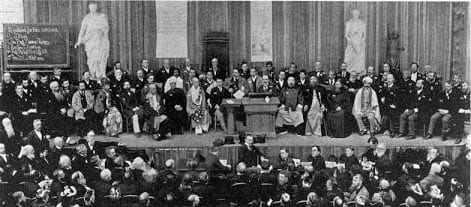
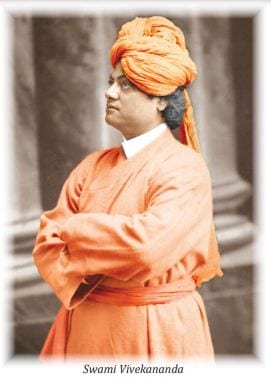
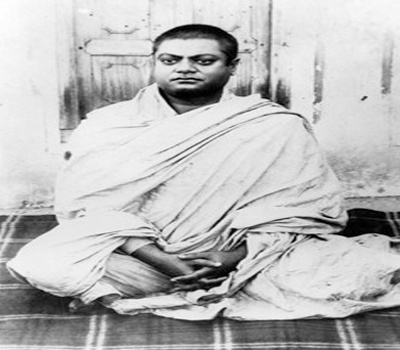

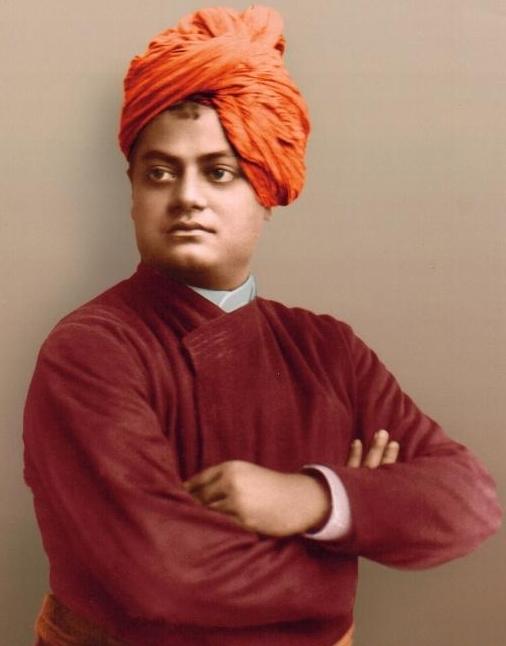
Leave A Comment